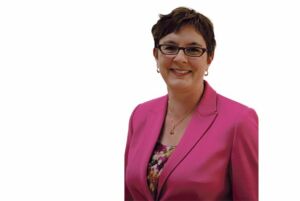After months of expectant waiting, the Danish dual citizenship law finally passed on 1 September 2015. Finally, I thought, since I had personally been looking forward to becoming Danish/Belgian after 15 years in Denmark, but also because it was about time, as the large majority of countries in the EU already permit dual citizenship. That’s the way it should be in a modern society.
Complicated enough!
The law permits foreigners to gain Danish citizenship without having to give up the citizenship of their own country, and it allows Danes who have given up their citizenship for another to reclaim it.
The process isn’t a simple one, so International Community and the City of Aarhus accordingly decided to arrange an info meeting for which 80 people signed up. The meeting included a Q&A session with lots of questions we were looking for answers to. We wanted to provide the right information in English for our online step guide – something that hasn’t been prioritised by the authorities.
Like losing at Ludo
However, while we were looking for answers (with the help of lawyers, since the rules are complicated), the new government passed a new law with even tougher requirements – as if it wasn’t hard enough to begin with!
From 15 October you have to be more self-sufficient, be almost perfect at Danish, take a longer citizenship test, have lived here longer – and if you have committed any kind of crime, even a small traffic offence, you are put on ice for 50 percent longer. Last but not least, if you have applied after 14 August 2014 you have to reapply according to the new requirements. It’s like being sent home in a game of real-life Ludo.
High bar’s strong signal
The tough requirements send a strong signal to the thousands of people who have contributed to Danish society for many years, and also to the many newcomers who have thought about wanting to settle down in Denmark.
“Getting Danish citizenship is something very special, and it’s only fair that we raise the bar for when you can call yourself Danish”, explained the integration minister, Inger Støjberg.
But I’m afraid the bar is now so high it’s impossible to reach for many internationals who feel Danish but are disqualified by law.













